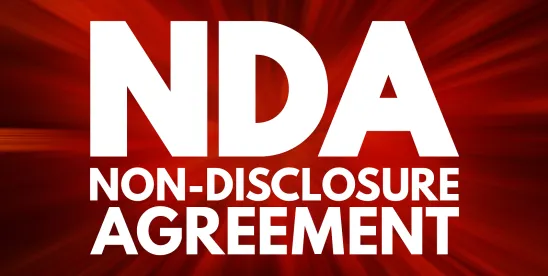Every deal begins with an exploration phase known as due diligence; but what if your potential business partner uses information you supplied in diligence to compete with you? Your attorneys will tell you – have an NDA in place!
An NDA (non-disclosure agreement), also referred to as a confidentiality agreement, outlines the terms on which you are sharing your data and commonly includes provisions like the following:
- Non-use except for limited purposes;
- Non-disclosure except to specific individuals bound by similar restrictions;
- A requirement to return the information if the deal does not move forward (sometimes with caveats); and
- A term for which the information is protected.
In the age of Generative Artificial Intelligence (GenAI), is that enough? GenAI works based on gathering and analyzing data and building models to respond to questions.
So, here’s a question: if your information is on their system, can they use your data to train their AI models?
Depending on the language in your NDA, potentially, yes.
Especially for data-driven businesses, this can be a particularly concerning answer, so you should be evaluating your NDAs, current, past, and future, to evaluate the exposure you have here.
NDAs may feel like form agreements, and the enforcement rate is very low, but if that is all that is preventing someone receiving your data from using it to train their AI models, the NDA is worthy of extra scrutiny.
Can an NDA protect you from misuse of your data? This has not been fully tested by the courts, but courts have weighed in on the limitations of fair use and what gets generated from AI. For now, if your data is worth protecting, then it must also be worth the time and effort it takes to strengthen your contractual protections, even if those protections remain untested.
In these situations and others, these complexities need to be thought through.




 />i
/>i
